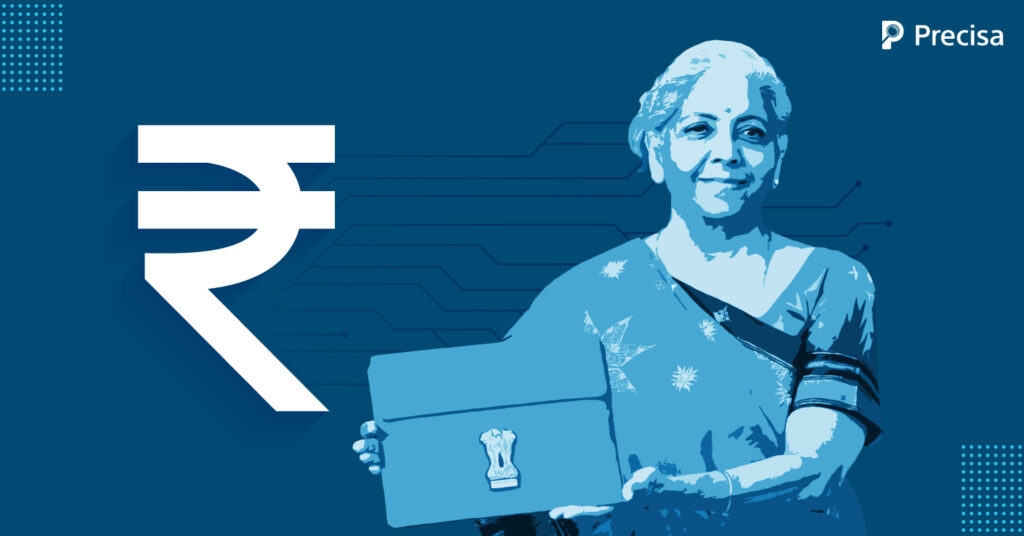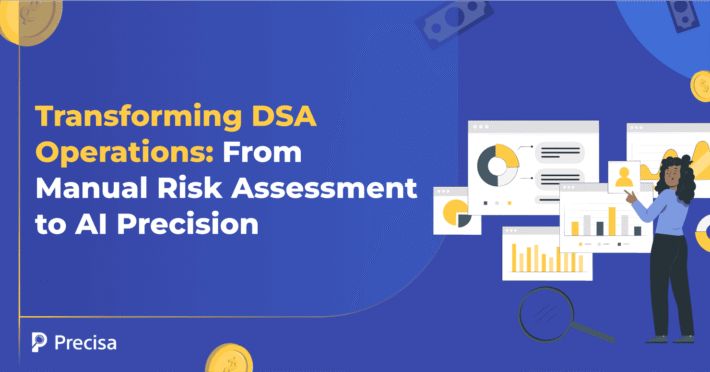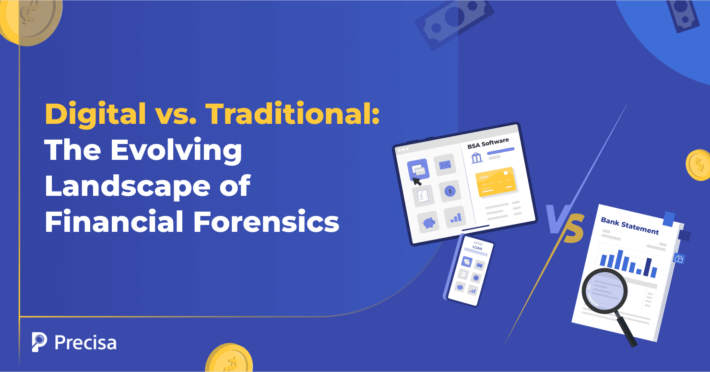Impact of Union Budget 2023 on Fintech-Based Digital Lending

The digital lending industry has proliferated over the years and now plays a critical role in driving the country’s economic development. According to an EY report, India’s fintech market will be worth $200 billion by 2030, up from $50 billion in 2021.
The fintech sector is bridging the gap in providing banking services to last-mile customers through digital payments, banking, and loans. In this scenario, digital lenders have emerged as a critical component of India’s lending ecosystem. They are vital in making formal credit available to many who usually lack access to traditional banking mechanisms.
In February, the much-awaited first budget of the Amrit Kaal for 2023-24 was announced by Finance Minister Nirmala Sitharaman. She discussed certain digital lending aspects such as Digilocker, Neo Banking, and digital payments.
In this blog post, we will take a closer look at the impact of the budget on the fintech sector.
What Does the Budget Hold for Digital Lending in 2023
-
Digilocker
Considerable emphasis on the 2023 budget was given to Digilocker, a made-in-India cloud-based platform allowing users to store, share and verify their documents online. The government is encouraging the use of Digilocker by enabling users to submit critical official documents digitally to the government and other institutions.
-
Universal QR code
Furthermore, the government has proposed providing a universal QR code for digital payments, which businesses can use to accept payments through multiple payment instruments, including UPI and cards.
-
Neobanks
Neobanks, or digital-only banks, are also being promoted by the government in the Union Budget 2023. Neo banks offer innovative solutions to customers by providing a range of digital banking solutions such as savings and investments, credit cards and loans, payments and remittances, and financial planning.
-
Fintech services
Furthermore, the government is encouraging fintech services, which are digital-first services that allow consumers to access financial services through the internet, mobile phones, and other digital devices. These services include payments, remittances, investments, insurance, and micro-lending.
-
Digital infrastructure building
The Budget also aims to increase digital infrastructure and technology use to advance the goals of financial inclusion and public convenience. The government has proposed to set up a National Common Mobility Card, which will allow customers to use a single card for multiple modes of transport and make payments.
-
Digital payments focused on rural areas
The government will encourage the use of digital payments in rural areas and is proposing to launch a rural digital payments service that will enable customers to make online payments for their daily needs.
Therefore, it can be inferred that by encouraging modern solutions like Digilocker, digital payments, neobanks, and fintech services, the government hopes to make financial services more accessible to customers and increase the bandwidth of financial inclusion.
Potential Impact of Budget 2023 on Fintech
The Union Budget 2023 is expected to bring major changes to India’s digital lending industry. The RBI will also bring new regulations to ensure better customer protection.
1. Upscale the ease of doing business
The budget has put ample focus on increasing the ease of doing business and encouraging the adoption of fintech-enabled solutions and digital payments to reduce cash transaction costs. Also, the government will likely introduce incentives for digital lenders to promote access to credit for the underserved sections of the population.
2. Bring down digital lending expenditures
The budget might also bring in measures to reduce the cost of digital lending, such as reducing the cost of compliance and introducing tax incentives.
3. Leveraging AI underwriting
Additionally, the government may introduce measures to increase data availability and strengthen the credit bureau system to facilitate the use of AI-driven underwriting in the digital lending space.
Budget’s Impact on Fintech-enabled Digital Lending
The Budget has proposed several measures to promote digital lending in India. These include:
- The Government will set up a Credit Guarantee Enhancement Corp. to provide a guarantee for digital lending.
- It will also set up a Credit Risk Fund to provide insurance for digital lending.
- A new scheme will be launched to provide digital lending to small and medium enterprises (SMEs).
- The Government will also set up a Digital Lending Facilitation Cell to assist banks and NBFCs in digital lending.
What do Fintech Leaders Think of the New Budget?
Many fintech leaders have welcomed the new budget as a major step forward for the fintech sector. The push towards digital payments and the commitment to reduce transaction costs is seen as a major boost to the industry. The fintech industry hopes the budget will help it grow, innovate, and compete globally.
Here are the reactions of key leaders to the budget announcements:
- Mandar Agashe, founder, managing director, and vice chairman of Sarvatra Technologies stated that simplifying the KYC process will aid in the spread of digital payments in the country.
- Tarusha Mittal, the COO and Co-Founder of Dapps and UniFarm, said, “The fintech sector is expected to become a $200 billion behemoth by 2030, and the current budget has extended the Digi locker services to startups to foster innovation in fintech services. The robust digital infrastructure in India will allow for greater penetration of web3-related products and services.”
Summing Up
Overall, the measures proposed in the Union Budget 2023 will help to reduce risks associated with digital lending and make it more accessible to SMEs. It will also make it easier for banks and NBFCs to provide digital lending to customers. This will help to promote financial inclusion and reduce the cost of credit for SMEs.
The Budget has also put fintech startups in India front and centre, with a range of measures to support their growth and development. With the government’s support, the fintech sector in India is poised for rapid growth in the coming years, and drive digital financial inclusion and boosting economic growth.
Precisa’s Bank Statement Analyser is a fintech tool whose integration with your existing systems completes the lending lifecycle. Additionally, it allows lenders to upload documents and prepare easy-to-read reports that show the applicant’s financial behaviour and can be accessed at any time.
Contact us to learn more!




